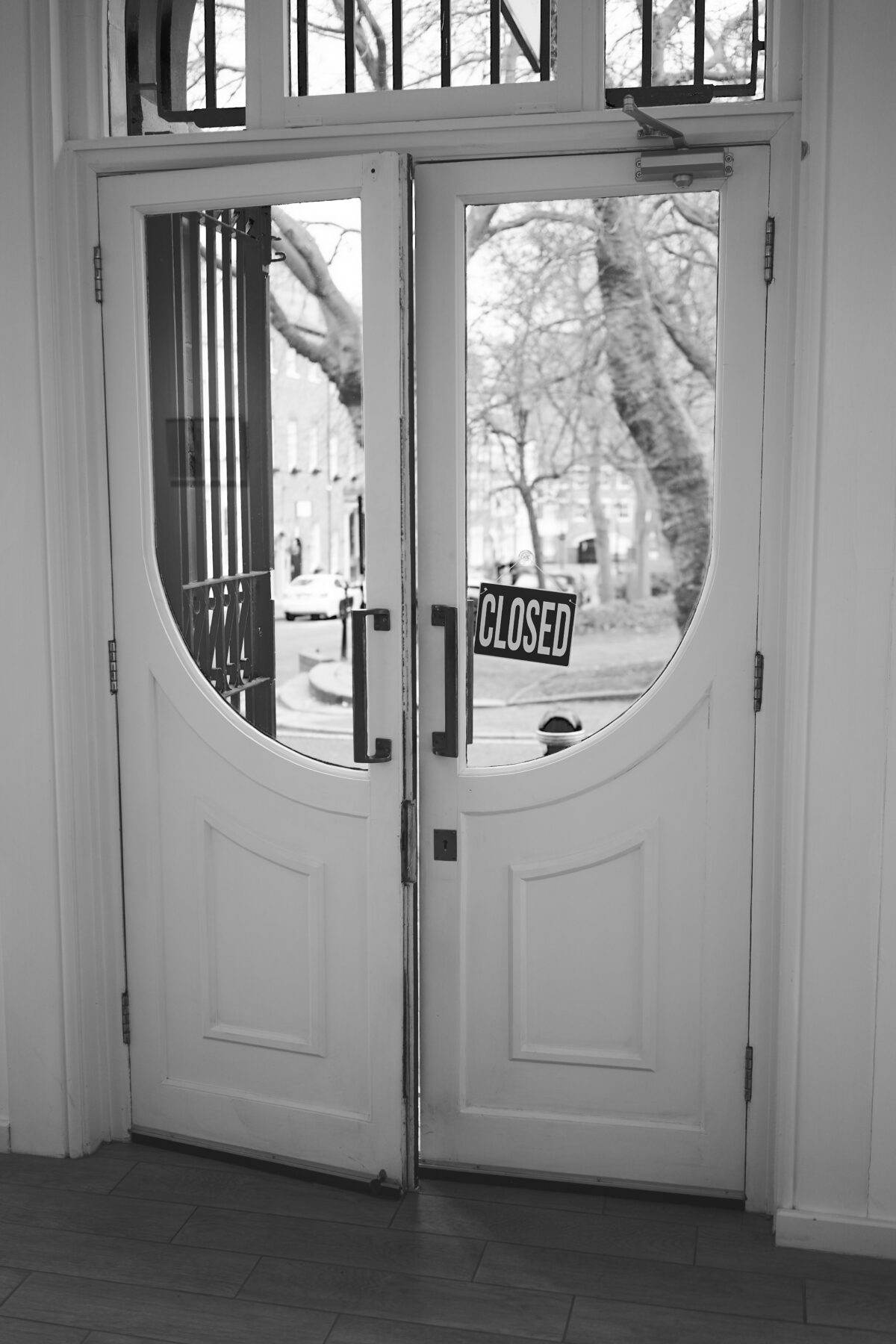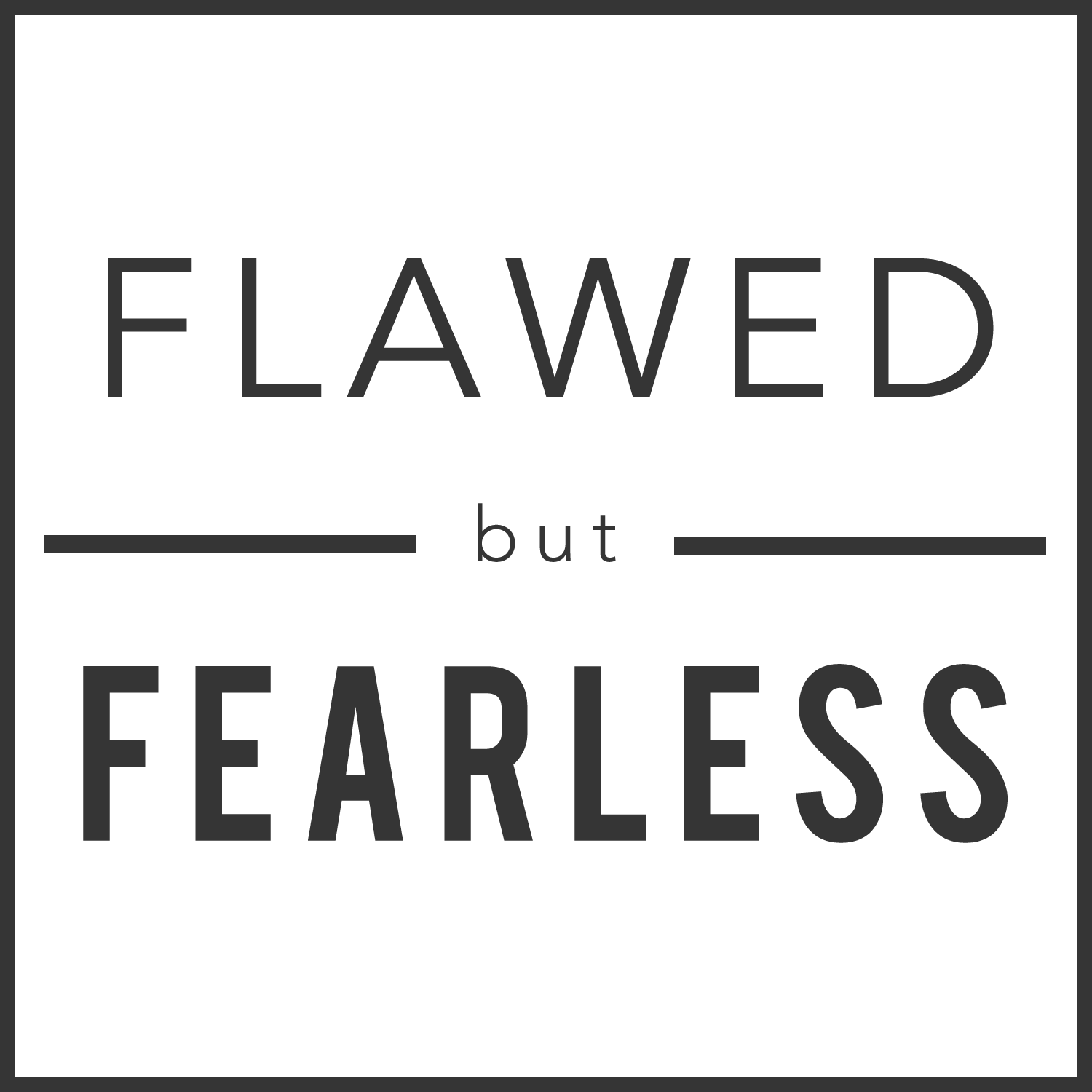
This Isn’t My First Quarantine
Seven years ago I was in a car accident that left me with five breaks between both my ankles (among other things). I had casts on my lower legs for twelve weeks, meaning I could not walk. I was basically couch-bound. I had a wheelchair to help me get from place to place, but with a house and life not set up for a wheelchair, it was easier to pretty much stay put unless I had to leave for something important like doctor’s appointments and the like.
While there are obvious differences between a car accident and a global quarantine, there are also a lot of parallels. I wasn’t saving lives by staying home after my accident – I was just immobile. But, I did learn a few things from my own personal quarantine that I find myself channeling quite a bit these days.
I honestly never thought I’d have to return to my accident mindset – one of begrudgingly accepting a reality I’d rather not admit was the cold, hard truth. But, here we are…seven years later…same-ish situation. So, I’ve dusted off my best lessons gleaned from a lot of self reflection and introspection and I’m sharing them with you in the hopes they will help in even the slightest little bit if you are one of the millions of people staying home with no firm end in sight.
Fighting It Does Absolutely No Good
I really struggled with my situation when I first realized that I would not walk for twelve weeks. “Why?” “What if?” were questions that continually swam in my head. But, after a few days of struggle, I moved from fighting it to a deep knowing that all I needed to truly get through it was acceptance. I decided that it was only twelve weeks and that I could do anything for three months. And I stopped thinking about the target date – August 31 (my twelve week mark) and started focusing on the day in front of me. I would tell myself, “I just need to get through today with a good attitude.” Then, I would go to bed and do it over again the next day. Days cobbled into weeks and before I knew it, I was walking again. We only have a finite amount of energy in us each day. Don’t use it to fight. Use it to create 24 hours that you can feel good about in spite of the situation. Then go to bed and do it again.
We Are Really Grieving
I’ve read quite a few posts about the quarantine that say things like “remind your kids that a generation ago, seniors were missing graduation because they were being drafted.” The posts are implying our kids don’t really have it that bad and that being sad or mad or feeling sorry for themselves is somehow indulgent. But the reality is, all of us have lost something in this. Money. Freedom. Security. Health. And for some, their lives. Yes, our kids are not being drafted. But they are allowed to grieve what they have lost. I was told several times by well meaning people that my accident could have been worse; I could have died. And yes, that is so very true, and truer to no one than me. But, struggling with my situation didn’t mean I wasn’t thankful for being alive. And people struggling now aren’t oblivious to the fact that things could be worse. Grief isn’t based on a comparative scale. It’s not binary. It’s real for losses both small and large. And this quarantine, like my accident, is a loss. Feel it.
People Want to Feel Useful
The thing that amazed me more than anything else after my accident was the outpouring of love, support, and help my family received. I did not cook meals for two months. We had dinner brought to us for 63 consecutive days. I had friends drive my kids everywhere. They visited and sat with me since that was all I could do. Even typing that brings tears to my eyes because the reality is that no one thinks that they matter as much as we actually do. That’s why we must do what is being asked of us. We must do it because we all matter. And if a younger family member wants to run your errands, or someone offers to visit you because you are homebound, or your kids want to make masks for hospitals or write letters to seniors in nursing homes, let them. Helping not only helps the helped, it helps the helper. It makes the hard less hard for everyone.
Forgive, Forgive, Forgive
I had to do a lot of forgiving while I was recovering. I had to forgive myself for not doing everything I did before the accident and feeling like I was failing. I had to forgive my husband for not loading the dishwasher the way I do (and then forgive myself for being irritated by that). I had to forgive the 25-year-old who hit me head on because she was texting while driving. I had to learn to let a lot go. Times like these show us that all we hold dear and consider so important, like “how we do things” or “what we typically eat” or “how often we work out” or “our kids’ schedules” really don’t matter all that much. These ideas about how to spend our days don’t make our days. People do. Practice a little forgiveness with yourself and with your family. Everyone is feeling heightened, unique emotions. We are in unchartered territory and it’s scary. We need to be a soft place to land for each other. That is the very definition of family – our softest place to land.
Don’t Be Afraid of Stillness
You know one of the words I use to describe myself the most? Productive. Yes, I pride myself on my efficiency and my ability to get a lot done. Now, face a life event that strips all that away. All your identities are gone. Be still. Be quiet. Don’t flit from thing to thing. Sounds awful. At least it did to me. But then, I realized what a gift it is to have the luxury of time and solitude to get to know yourself. Every title that mattered to me – chauffeur, chef, homework helper, worker outer, marketer, homemaker, was taken and I was forced to watch it all from the sidelines. Much of that same streamlining is happening now, which is why we feel so untethered and uncomfortable. Most of us are home more, with reduced responsibilities, and with the time to assess who we are and what we care about. Take this gift and put it to use. Meet yourself.
Settle Into the Unknown
The reality is that we never know what will happen next. But, a situation like this really puts that truth under a microscope, and that makes us unsettled. We don’t have control. We are not in charge as much as we believe ourselves to be. And for those fellow Type A personalities, you might as well tell us that the sun won’t come up tomorrow. While I was recovering, not knowing how well I would walk or what long-term effects the accident would leave, I had to find some sort of peace with living in the in-between spaces. I found that peace by realizing there were two ways to face my future: fear or faith. And every day I tried to choose faith. I believed it would work out. I didn’t believe it would be easy or that I would not struggle or that everything would always go my way. But I believed I would get through it, better because of it. We can feast on fear or faith. Trust me in this – choose to feast on faith.
It Will Pass
Once I started walking again, it wasn’t like getting on a bike. I had a long road of physical therapy, pain, and relearning some basic balance skills. But it passed. The same will happen with this. We won’t get back to normal right away. In fact, there will be a new normal required to grieve who and what we lost, recalibrate our economy, and all the other damage left in this virus’s wake. But life will move forward, pushed onward by the resilience, creativity and collective drive of our people. Make no mistake, we will be different. We will look at healthcare workers differently. We will appreciate our restaurants and other life- and sanity-saving industries that are suffering so deeply right now. We will value our jobs and our teachers and our first responders. We will know how much art does actually enrich us. We will realize, deep in our bones, that bad things can happen and we do, in fact, survive. So we learn to be less afraid. Yes, we will be changed on the other side of all of this. My prayer is that we will emerge better from having gone through something hard, together.
